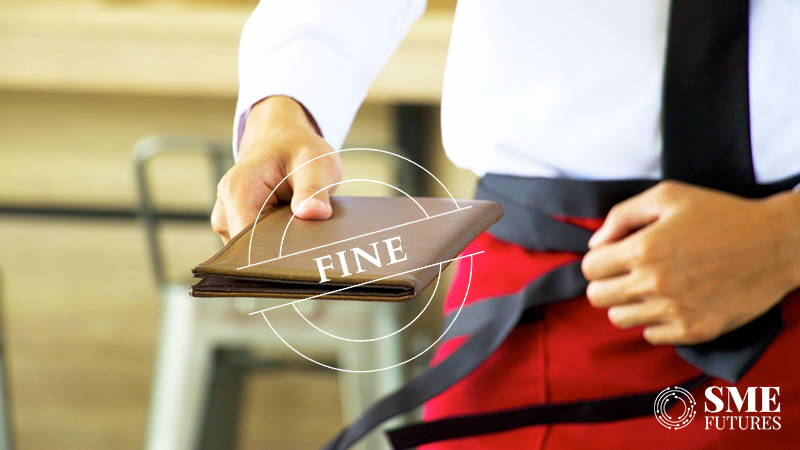The Delhi High Court has imposed total costs of Rs 2 lakh on two restaurant bodies for failing to comply with an order passed concerning their challenge to the guidelines prohibiting hotels and restaurants from automatically levying service charges on food bills.
Justice Prathiba M Singh directed that the costs shall be paid to the Department of Consumer Affairs. On April 12, the court directed the National Restaurant Association of India and the Federation of Hotels and Restaurant Associations of India to disclose the complete list of their members in support of the petitions and also state the percentage of its members who were imposing service charges as a mandatory condition, as well as those, were willing to make it a voluntary contribution.
The petitioners were also asked to state if they had any objection over the term “service charge” being replaced with an alternative terminology such as “staff welfare fund” to prevent confusion in the minds of the consumer that the same was not a government levy.
In the order passed on July 24, Justice Prathiba M Singh observed that the petitioners were “in complete non-compliance” of the directions and had filed their affidavits without serving the Centre properly “so as to ensure that the hearing does not proceed” further.
“It is evident that the petitioners had to make various compliances. Neither of the Petitioners have filed the affidavits in terms of the said order,” the court said. “Accordingly, one last opportunity is granted to the Petitioners to properly file these affidavits within four days subject to payment of Rs. 1,00,000 as costs in each of the petitions which shall be paid to the Pay and Accounts Office, Department of Consumer Affairs, New Delhi by way of a Demand Draft,” the court ordered.
The court clarified that without the cost being deposited, the affidavits shall not be taken on record. Additional Solicitor General Chetan Sharma said approximately 4,000 more complaints have been received from consumers about service charge being imposed by the petitioners and their members.
The two petitioner associations had moved the high court last year with two separate petitions challenging the guidelines prohibiting hotels and restaurants from automatically levying service charge on food bills.
The guidelines, issued by the Central Consumer Protection Authority (CCPA) on July 4 last year, were stayed by the high court later that month. The petitioners have said service charge, which has been in existence for the last several years, is a “traditional charge” and is distributed amongst those staffers who are not before the customers and the restaurants are seeking the same after displaying due notice on their menu cards and inside their premises.
They have argued that the CCPA order is arbitrary, untenable and ought to be quashed. Seeking dismissal of the petitions, the CCPA, in its counter affidavit, has said the petitioners have totally failed to appreciate the rights of the consumers whose hard-earned money is unjustly collected automatically or by default in the name of service charge.
It has added that the objective of collecting mandatory service charge from consumers over and above the price of food items and applicable taxes is “unlawful” as no proportionate service is separately provided to consumers.
The high court had on July 20, 2022 stayed the CCPA guidelines and said the stay is subject to the petitioners ensuring that the levy of service charge, in addition to the price and taxes, and the obligation of the customer to pay the same is duly and prominently displayed on the menu or other places. The matter would be heard next on September 5.











